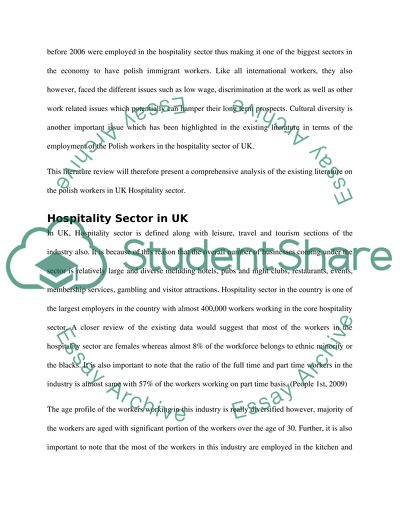Cite this document
(“Polish Migrant Workers within the UK Hospitality Industry Literature review”, n.d.)
Retrieved from https://studentshare.org/gender-sexual-studies/1405437-polish-migrant-workers-within-the-uk-hospitality
Retrieved from https://studentshare.org/gender-sexual-studies/1405437-polish-migrant-workers-within-the-uk-hospitality
(Polish Migrant Workers Within the UK Hospitality Industry Literature Review)
https://studentshare.org/gender-sexual-studies/1405437-polish-migrant-workers-within-the-uk-hospitality.
https://studentshare.org/gender-sexual-studies/1405437-polish-migrant-workers-within-the-uk-hospitality.
“Polish Migrant Workers Within the UK Hospitality Industry Literature Review”, n.d. https://studentshare.org/gender-sexual-studies/1405437-polish-migrant-workers-within-the-uk-hospitality.


